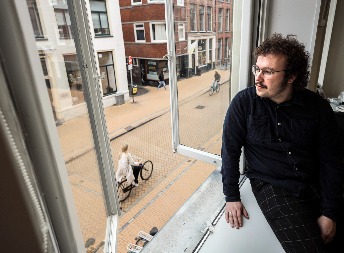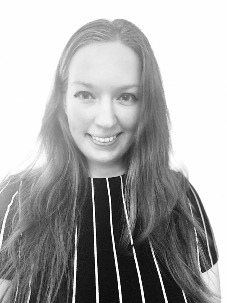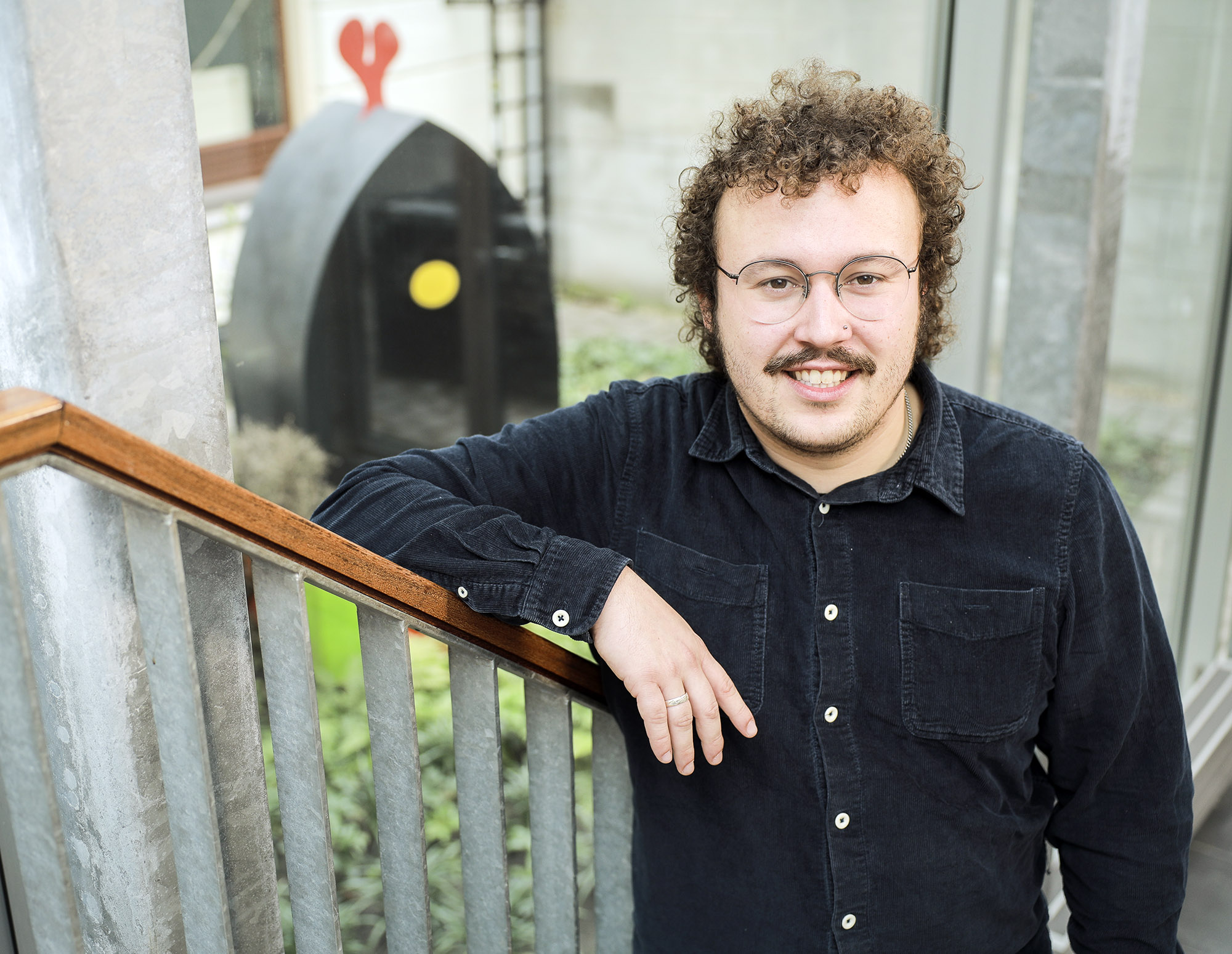Science Shops: bridging the gap between university and society
Science shops. What kinds of things can you buy there? A knowledge sandwich? A wisdom smoothie? Bacteria on demand? It is not clear to everyone what science shops have to offer. And yet, they play an important role for society, researchers, and students, by facilitating organizations in hiring students to carry out research. A fantastic opportunity for all involved!
Text: Aurelia te Lindert, UG Corporate Communication
Not real shops
Science shops, which have been around for approximately 50 years, owe their name to the first one of their kind, which began in a former shop in Amsterdam. Contrary to what the name suggests, these are not shops in the traditional sense. A science shop is a consultancy agency, with a number of employees affiliated with a specific faculty. The science shop brings societal parties that have questions in contact with UG students, researchers, and lecturers who can do research for them. This makes it possible to connect academic research and teaching to societal issues.

More than thinking alone
Yorick Karseboom chairs the monthly consultation of the various UG Science Shops, and acts as coordinator of the Philosophy Knowledge Centre (Kenniscentrum Filosofie, Science Shop). He is responsible for ensuring that the monthly science shop consultation runs smoothly, and together with his colleagues, he also makes sure that there is a common thread to link the objectives of the various science shops. Every faculty may have its own independent Science Shop, but the shops still meet every month to learn from one another and stay connected. Karseboom finds it important that the Philosophy Knowledge Centre helps people to understand what philosophers actually do. ‘At the Knowledge Centre, we often talk about the issue of philosophy being viewed as isolated in its ivory tower. We do more than sit in a stuffy chair, staring out into space, stroking our beards, and pondering. Clearly, theoretical knowledge is important, but we do much more than people generally assume.’ Karseboom mentions the example of communication issues within a company: ‘People often claim that their problems are not philosophical in nature, but then you talk to them, and it turns out that the problem is an underlying conflict in values, which is something that philosophers are ideally positioned to help with.’
From complot theory to waste
The University can sometimes seem inaccessible to outsiders. According to Karseboom, this is precisely what science shops hope to change. ‘The UG is clearly part of society, not outside of it. So, it is important that the research we do here is also understandable and useful for society.’ For example, the Philosophy Knowledge Centre works together with the Beta Science Shop on complot theories and mistrust of the media: how can universities deal with these phenomena and strengthen people’s trust in science? The resulting information is fed back into society via societal partners, lectures, talks, and the Science Shop annual overview. For example, the Beta Science Shop once got a question from a hairdresser on how best to reuse the human hair left at their salon. Another time, a laboratory technician was wondering how to reduce plastic waste at their lab.

Valuable experience for students
Science shops are not only useful for societal parties, but also for students. ‘I think that many students find it valuable to become aware straight away of what they can do with the knowledge they acquire during their studies. It shows clearly what kind of impact their help can have,’ says Karseboom. Recent UG graduate Laura van Beek carried out a study on optimal school hours for children. Van Beek: ‘It was great fun to research an issue with so much practical relevance, one where my recommendations actually made a practical contribution.’
From question to internship assignment
It all starts with a science shop receiving a request or question. They then look at whether the topic has societal relevance, whether it is in line with the University’s core values, and whether there are students available to work on it. The study that Van Beek was involved in arose from the ODS De Starter primary school adjusting their school hours due to organizational reasons. What were the advantages and disadvantages of this new school hour model? That was the question Van Beek tried to answer as part of her internship assignment.
Ideal daily structure
Van Beek worked together with the school to define research objectives: on the one hand, understanding the advantages and disadvantages of various school hour models, on the other hand, providing advice on how to apply these findings in practice to achieve optimal learning results. Due to the coronavirus pandemic, the study was mostly limited to a literature review. Had the circumstances been different, Van Beek would have liked to be more involved in the children’s practical experience. ‘It would have been great to check whether what we found in the literature, for instance that the attention span of school children is optimal between 10 a.m. and 12 noon, really applied to the De Starter children.’ Even so, her recommendations did have an effect: De Starter is considering reorganizing their lesson days and looking at which lessons can best be taught in the morning, and which in the afternoon.

A better world
Van Beek’s research shows what academic knowledge can contribute to the world outside university walls. According to Karseboom, that is what it is all about: ‘In the end, our motivation for acquiring more knowledge is to apply it to make the world a better and more beautiful place.’ And that is what science shops want to contribute to.
More information:
| Last modified: | 29 November 2022 09.10 a.m. |
More news
-
29 April 2024
Tactile sensors
Every two weeks, UG Makers puts the spotlight on a researcher who has created something tangible, ranging from homemade measuring equipment for academic research to small or larger products that can change our daily lives. That is how UG...
-
16 April 2024
UG signs Barcelona Declaration on Open Research Information
In a significant stride toward advancing responsible research assessment and open science, the University of Groningen has officially signed the Barcelona Declaration on Open Research Information.
-
02 April 2024
Flying on wood dust
Every two weeks, UG Makers puts the spotlight on a researcher who has created something tangible, ranging from homemade measuring equipment for academic research to small or larger products that can change our daily lives. That is how UG...
